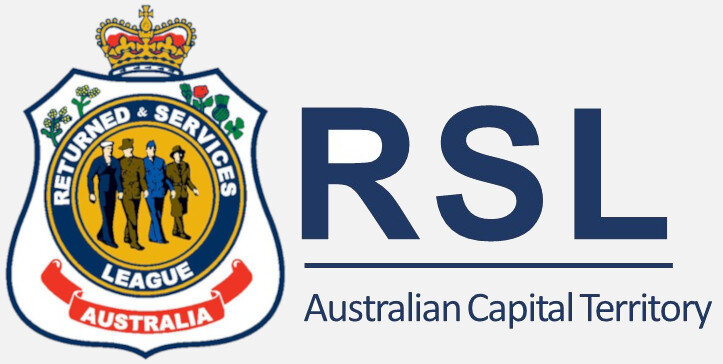Do you need LinkedIn to get a job?
So many social networks, so little time. Is LinkedIn really worth it?
You’ve decided to leave the military and pursue a new career in the civilian workforce. Or maybe you’ve been out for years and you’re looking for your next big move. Perhaps you’ve linked in with a service like the RSL Veterans’ Employment Program to help make it happen. You’ve tidied up your resume and updated your cover letter, and you’ve worked out what kind of roles you want to pursue. Now, everyone is telling you, you need to be on LinkedIn.
As the largest professional platform, LinkedIn can be a useful tool when searching for work and making connections. Of course, there are some industries where it may be best to avoid social media platforms altogether, like if you’re looking to pursue a career in an intelligence agency. But if you’re not trying to keep your identity a secret, here are a few reasons why you need a LinkedIn profile.
YES, You Need LinkedIn. Here’s why.
Build your personal brand
Your personal brand is how you can communicate what you stand for to potential employers. Working this out early can also help you identify what line of work you may be suited to. What’s a personal brand and how do I get one, you ask? We break it down here.
LinkedIn is a great way to help you find your voice and communicate your personal brand to the workforce. Unlike a CV, which in most cases is a static communication tool, LinkedIn allows you to communicate with your network through posts, articles and more. Keep it authentic and professional (LinkedIn isn’t Facebook, so leave the memes to the private account), but start letting your personality and voice shine.
Find advertised jobs
Gone are the days of people circling job ads in the local newspaper. Today, almost all jobs are posted on job-searching sites. According to LinkedIn, there are over 58 million companies listed on the platform and more than 15 million open job listings, with 93% of recruiters using LinkedIn to post job ads. With these figures in mind, LinkedIn is a great tool to search for jobs.
Research the company you want to work for
If you’re interviewing for a role, LinkedIn can be a powerful tool to make sure you go into your interview armed with information. Just like recruiters can use the platform to find out about your personal brand, you can also use it to find out about the company. Are you the right fit? Do you know anyone already working there? Do your values align with the company? What’s the culture like? What milestones has the company celebrated lately, that you could refer to in the interview? LinkedIn can help you find all that out and more.
Network from your desk
Of course, LinkedIn becomes a semi-useless tool if you don’t use it in the way it’s intended - networking. It is a social networking platform after all.
For those who read this and think, “ugh, I hate networking”, we hear you – but don’t give up just yet. While heading out to networking events is still up there as one of the most powerful actions in job searching, LinkedIn evens the playing field by providing anyone with an internet connection the ability to build professional networks. Without the fanfare and logistics of an event, it doesn’t matter if you’re introverted, time poor, or live remotely.
top TIPS FOR SETTING UP LINKEDIN
Update your career summary
Add your career summary and write it in a way that’s appealing to the line of work you’re looking for. For example, ‘soldier in Australian Army’ isn’t going to help you compete for a job in security. Instead, ‘Transitioning law enforcement specialist open to new opportunities’, may work better for you. It’s a similar approach to the one we’ve described in this blog post on translating your work experience for civilian work.
Upload a photo
Update your headshot and try to target the type of industry you’ll be working in. If it’s professional, make sure your photo reflects this. But if you’re heading into a role that’s a little more creative, keep your personal brand consistent and go for a casual look.
Update your skills and endorsements
The skills and endorsements section is regularly used by recruiters and helps you appear in search engine results. Keep your skills relevant to your career or potential careers.
Use civilian language
Going into detail on the technical side of your military role may sound impressive, but when it comes to applying for civilian roles, be as clear as possible. Use language that’s going to make it clear you’re the right person for the job.
The RSL Veterans’ Employment Program can help
Need help setting up a LinkedIn profile, or with any aspect of job hunting? Contact the RSL Veterans’ Employment Program today.
Want to see more content like this? Check out all our employment articles here.


